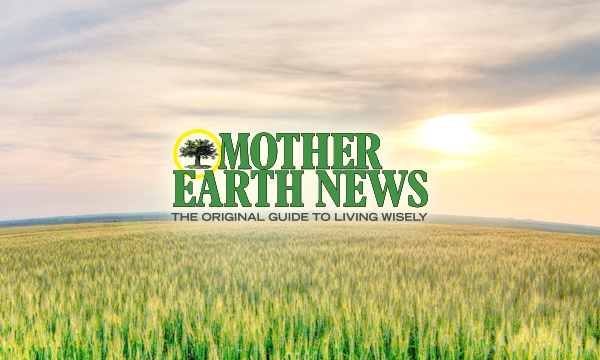
People express surprise that I’m such a strong proponent of local food and say they don’t hear me emphasize organic. Don’t I think it’s important? Sure I do, but I’ve come to take “organic” for granted. Then the question comes up — do I think local food or organic food is the most important concept? I have a standard answer in life when given a choice between two things that I value: I want both! Let’s look at the pros and cons of these concepts and see if you can choose which you value more.
Organic became popular back in the 1970’s when people were becoming concerned about farm chemicals causing pollution and harming the environment. Herbicides and pesticides were introduced after WWII as industry sought a market for the neurotoxins that had been developed for chemical warfare. These petroleum-based chemicals kill by destroying the nervous system. Obviously, I choose not to eat food that has these poisons on or in them, so I vote for organic food.
The organic movement isn’t everything that the original founders had hoped for however. After it became popular, the corporate world wanted to cash in on profits, and much organic farming is now done on an industrial scale. Just as in conventional farming, topsoil is lost, food comes from less than nutritious soil, produces is picked before it reaches peak nutrition, and lots of petroleum is used to produce, package, refrigerate and transport organic food. Additionally, the USDA allows many inorganic additives in food labeled “organic.” Chickens and cows whose produce is labeled organic don’t necessarily have pasture or sunshine. The food may be mostly organic, but it can be nutritionally inferior.
Let’s look at the advantages of local food. Buying local keeps dollars in the community. Produce can be picked ripe when it’s at its peak flavor and nutrition. We can get to know the farmers and how they grow our food. Do they use just nitrogen for fertilizer or is their soil truly kept rich with compost and cover crops? Are animals allowed outside on pasture so our eggs, milk and meat are nutritious and have the healthy omega 3’s and linoleic acid? Are animals treated fairly, kept in clean conditions and allowed to graze on pasture when the season allows? We don’t want to worry about salmonella in our eggs, campylobacter in meat or E. coli contaminated vegetables. We want nutritious and delicious food that is ethically raised as well as safe to eat.
We can see that the down side of local food is that it can be grown in conditions that give it next to no advantage over industrial food. That’s why knowing the person who grows your food and their farming methods is important. Going to the farmers market and meeting the vendors is educational and empowering. A visit to their farm is valuable in understanding how your food is raised. Local Harvest is a worthwhile website that can put you in contact with more local farmers who sell produce.
You will also find it empowering to grow nutritious food yourself as well as discover organic, high-quality food in your community. Once again you’ll have more control over your food and health. If non-local, organic food becomes expensive or scarce, we’ll have a local food system in place.
A local food system is essential because our current food system is in jeopardy. It is almost totally dependent on resources that are becoming depleted. A “food system” is everything it takes to raise food and get it from the farmer to our table. It therefore includes tractors powered by gas, irrigation, chemicals developed from petroleum, transportation of food around the world and extensive processing, packaging and cooling.
We’re using up the basics that this system relies on. First of all, we need topsoil, and estimates are that it is being lost 16 to 300 times faster than it can be replaced. Water is essential, but aquifers are being depleted and increasingly polluted by farm chemicals. Additionally, climate change is resulting in more extreme weather. Finally, we need petroleum—cheap petroleum. Traditional farmers, who provide the vast majority of our food, have only marginal profits on their crops. The only way they can maintain this narrow margin is by farming more land. But every step of their work requires petroleum.
In April of this year, the United States military expressed concern that there will be a 10 percent global shortage of petroleum by 2015. That’s big news, and yet journalists didn’t put it on the front page, nor are our leaders telling us about Item. I realize this has other implications than our food system, but I seem to be stuck on food concerns, and I want us to have nutritious, safe, and affordable food.
I think we can choose to have this food for now and our future. I believe we can grow food locally on a scale that will allow us to have plenty when petroleum costs soar. I believe we can have healthy food that is both high in nutrition and without poisons. I believe that we can go back to respecting the environment so there will be healthy soil and adequate clean water for now and our grandchildren. I believe individuals and communities can be healthier than they are now. We can grow strong communities as we join together to grow the food we eat. We are voting with every dollar we spend on food and every seed we put in the ground. Vote for what you think is most important!
Photo by iStockphoto/Catherine Lane
.

